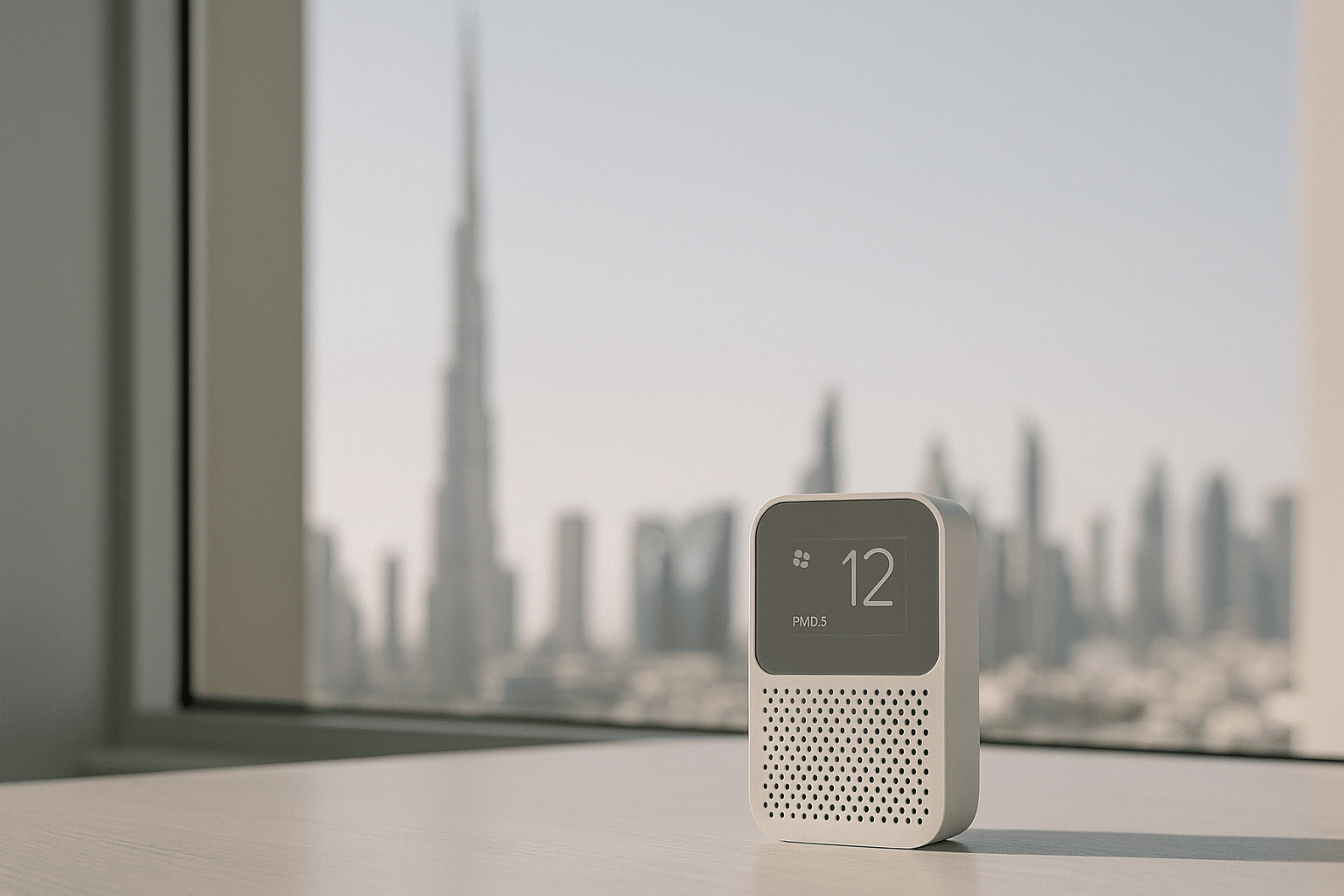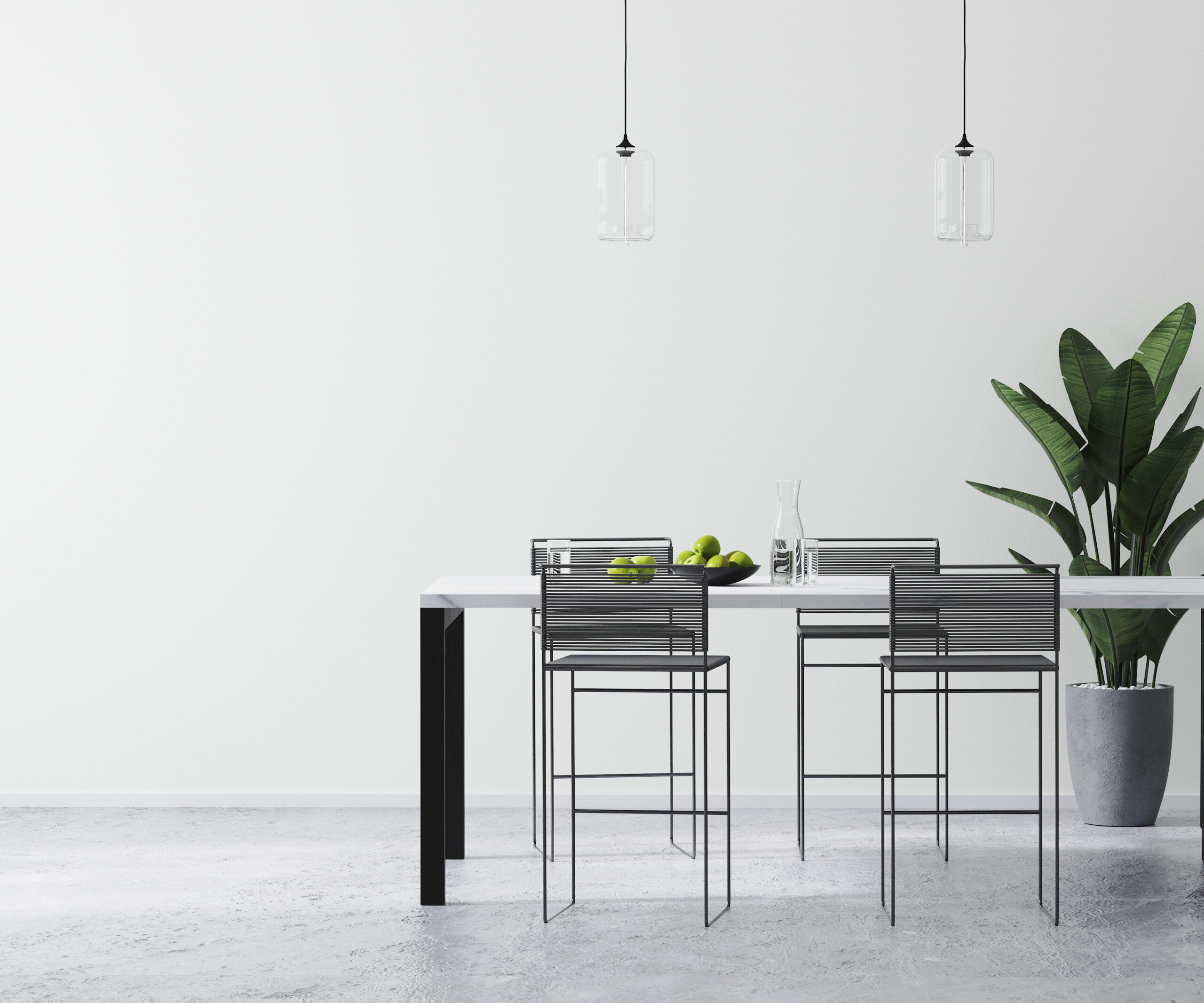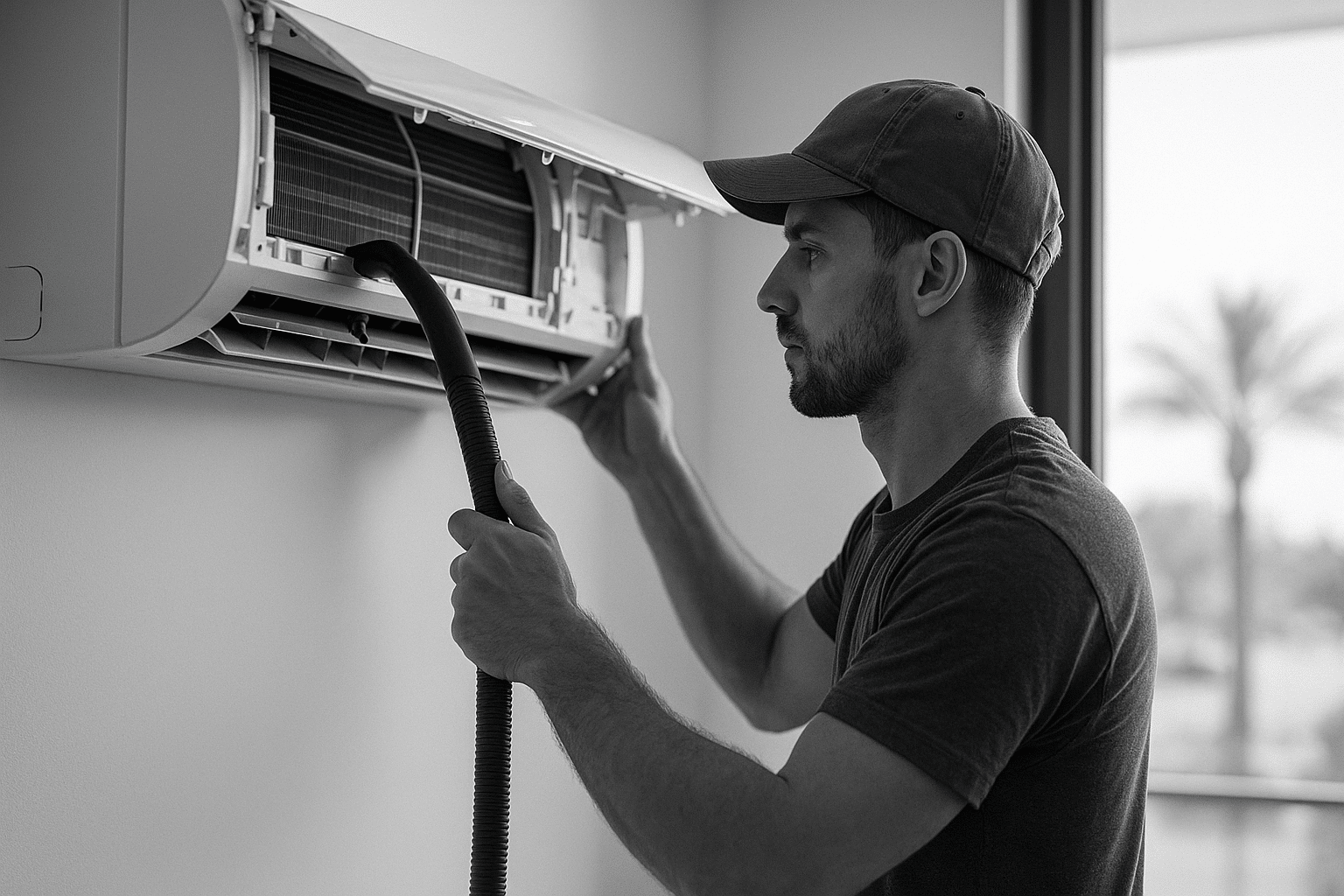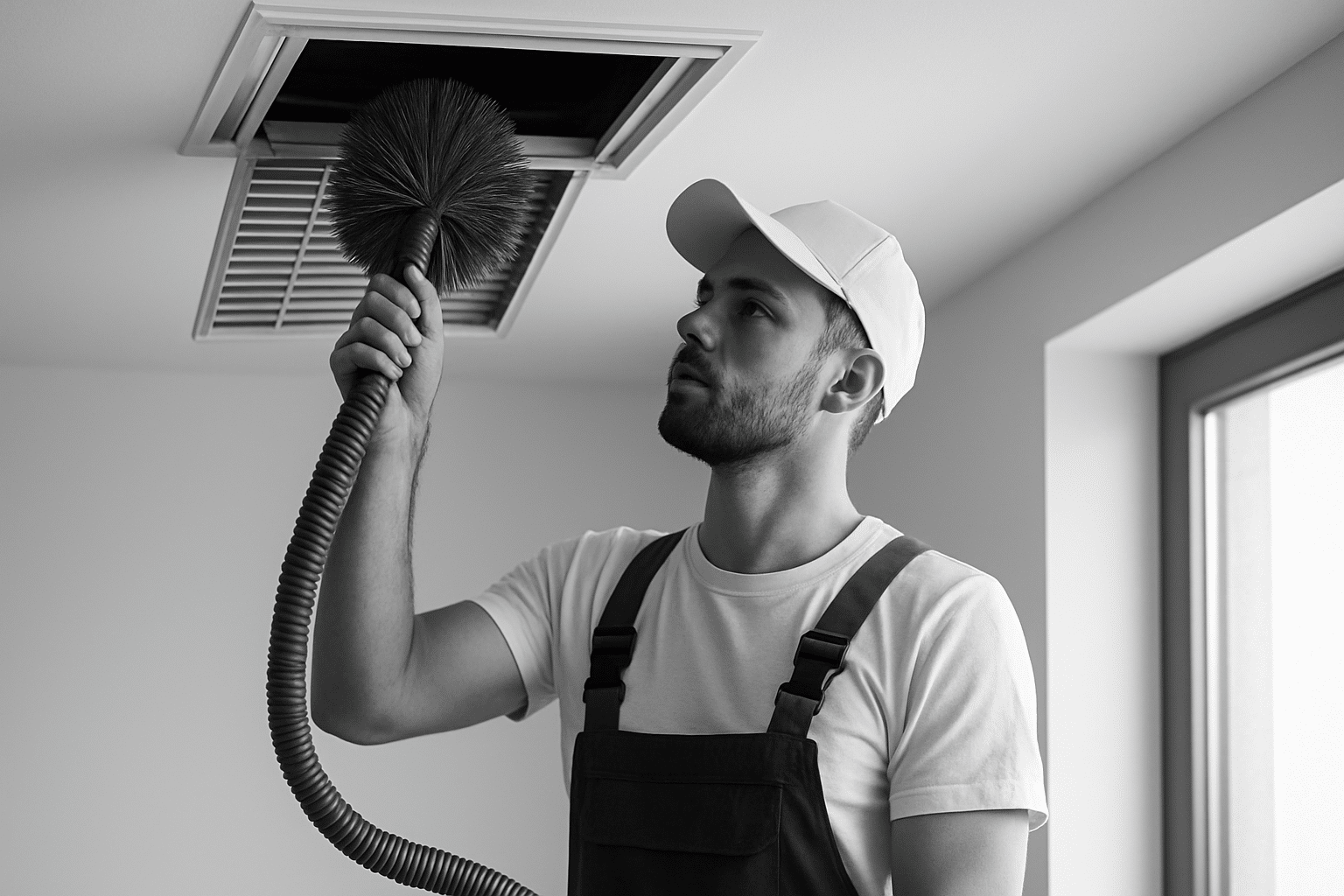
5 Key Benefits of Indoor Air Quality Monitoring Technology Dubai for a Healthier Environment
Table of Contents
Contents
- 1 Table of Contents
- 2 Importance of Indoor Air Quality
- 3 Advantages of Indoor Air Quality Monitoring Technology Dubai
- 4 How Indoor Air Quality Monitoring Technology Dubai Works
- 5 Critical Considerations When Choosing Indoor Air Quality Monitoring in Dubai
- 6 Professional Indoor Air Quality Services in Dubai
- 7 Conclusion and CTA
- 8 Advancements and Regulations in Indoor Air Quality Monitoring Technology Dubai
- 8.1 Importance of Indoor Air Quality in Dubai’s Climate and Urban Settings
- 8.2 Latest Technologies and Devices Used for IAQ Monitoring in Dubai
- 8.3 Regulatory Landscape Governing Indoor Air Quality in Dubai
- 8.4 Common Indoor Air Quality Parameters Monitored in Dubai Buildings
- 8.5 Benefits of Implementing Indoor Air Quality Monitoring Technology in Dubai
- 8.6 Future Trends in Dubai’s Indoor Air Quality Monitoring Landscape
- 8.7 Choosing the Right Indoor Air Quality Monitoring Technology Provider in Dubai
Importance of Indoor Air Quality
Indoor air quality monitoring technology dubai plays a vital role in maintaining a healthy indoor environment, especially in Dubai’s rapidly growing urban landscape where air pollution and dust particles pose significant challenges. Given Dubai’s hot climate and frequent use of air conditioning systems, monitoring and managing indoor air quality is essential not only for comfort but also for health and productivity.
The quality of indoor air directly affects respiratory health, allergy symptoms, and overall wellbeing. Pollutants such as volatile organic compounds (VOCs), carbon dioxide, particulate matter (PM2.5, PM10), and humidity levels must be closely observed to prevent long-term health issues. Dubai’s unique environment—with its high-rise offices, luxury residential towers, and extensive commercial complexes—necessitates advanced monitoring solutions that are precise and responsive to this climate. Implementing robust indoor air quality monitoring technology Dubai is crucial for ensuring these standards are met and public health is protected.
Advantages of Indoor Air Quality Monitoring Technology Dubai
Adopting indoor air quality monitoring technology dubai offers numerous powerful benefits for residents, businesses, and facility managers:
- Real-time Data and Alerts: Instant detection of air pollutants helps identify problems immediately and triggers timely interventions.
- Compliance with Local Regulations: Monitoring systems aid businesses in adhering to Dubai Municipality and Dubai Health Authority standards for air quality in public and workspaces.
- Optimised HVAC Performance: Integrating monitoring technology with air conditioning systems ensures efficient conditioning, reducing energy consumption and improving climate control.
- Enhanced Occupant Health and Productivity: Maintaining optimal air quality reduces respiratory ailments and enhances concentration and comfort.
- Customisable Reporting: Advanced tools provide detailed analytics tailored to Dubai-based building codes and environmental conditions.
Table: Key Indoor Pollutants Monitored by Technology in Dubai
| Pollutant | Typical Sources in Dubai | Health Impact |
|---|---|---|
| Particulate Matter (PM2.5, PM10) | Construction dust, desert sand, traffic emissions | Respiratory diseases, allergies |
| Volatile Organic Compounds (VOCs) | Paints, cleaning agents, furnishings | Eye irritation, headaches |
| CO2 Levels | Limited ventilation, crowded spaces | Drowsiness, decreased cognitive function |
| Humidity | Air conditioning, outdoor climate | Mold growth, discomfort |
How Indoor Air Quality Monitoring Technology Dubai Works
Indoor air quality monitoring technology dubai employs a combination of sensors, data analytics, and control systems tailored to Dubai’s environment. Devices use sophisticated sensors to continuously measure air parameters such as PM levels, temperature, humidity, CO2 concentration, and VOCs. These systems, embodying the latest advancements in indoor air quality monitoring technology Dubai, provide real-time insights.
These sensors are often integrated into Building Management Systems (BMS) or connected through IoT platforms enabling centralized monitoring for commercial and residential buildings. The systems provide transparent dashboards accessible via mobile or desktop applications, allowing facility managers and occupants to track air quality in real-time.
When pollutant levels exceed threshold values determined by Dubai Municipality guidelines, the system automatically sends alerts or activates ventilation and purification mechanisms. This dynamic responsiveness ensures indoor environments remain within safe air quality limits.
Critical Considerations When Choosing Indoor Air Quality Monitoring in Dubai
Selecting a suitable indoor air quality monitoring technology Dubai solution requires careful evaluation of several factors, especially within Dubai’s unique climate and regulatory framework.
Accuracy and Sensor Quality
Dubai’s dusty environment demands sensors capable of precise detection of fine particulate matter. Technologies with calibrated laser sensors for PM and electrochemical sensors for VOCs tend to deliver the best performance.
Real-Time Integration and Connectivity
Ensure the system supports continuous data transmission and integrates with local facility management platforms. Compatibility with mobile apps for instant notifications is highly beneficial.
Compliance and Certification
Choose systems compliant with Dubai Municipality standards and ideally certified by recognized organizations such as NADCA. This ensures adherence to quality and safety guidelines critical for public health.
Maintenance and Service Support in Dubai
Opt for providers offering reliable local support and regular maintenance to keep devices calibrated and functioning optimally. For Dubai-specific onsite service, Saniex provides trusted AC maintenance and air quality services tailored to the city’s requirements.
Professional Indoor Air Quality Services in Dubai
Professional services enhance the effectiveness of indoor air quality monitoring technology dubai through expert installation, ongoing maintenance, and comprehensive air assessment reports. Dubai-based companies specialize in integrating these systems into residential, commercial, and industrial properties.
Experts conduct detailed audits following Dubai Health & Safety guidelines, providing actionable recommendations for air quality improvement, including HVAC system tuning, air duct cleaning, and pollutant source control.
Maintaining proper indoor air quality aligns with the goals of DEWA for sustainable building operations and supports Dubai Municipality’s regulations to protect public health. Engaging local professionals ensures compliance while leveraging smart technologies for cost-effective indoor environmental management.
Conclusion and CTA
Indoor air quality monitoring technology dubai offers a smart, actionable solution to protect health and enhance comfort in Dubai’s distinctive environment. By adopting advanced monitoring systems and partnering with reputable local services like Saniex, individuals and businesses can ensure compliance with Dubai’s regulations while fostering productive and safe indoor spaces.
Invest in reliable indoor air quality monitoring technology dubai today to breathe easier and experience the benefits of fresh, clean air tailored to Dubai’s dynamic urban lifestyle.
Advancements and Regulations in Indoor Air Quality Monitoring Technology Dubai
Dubai has witnessed rapid urban growth, characterized by high-density residential areas such as Downtown Dubai, Business Bay, and Dubai Marina. This development, combined with increasing industrial and traffic emissions, has highlighted the urgent need to prioritize indoor air quality (IAQ). Leveraging indoor air quality monitoring technology Dubai helps residents, commercial property managers, and regulatory bodies maintain healthier environments inside buildings, improving comfort, productivity, and overall well-being.
Importance of Indoor Air Quality in Dubai’s Climate and Urban Settings
The desert climate of Dubai is known for high temperatures and occasional dust storms, which contribute to elevated levels of particulate matter indoors, especially when natural ventilation is limited. The reliance on air conditioning systems in residential, commercial, and hospitality settings presents a unique challenge in controlling airborne pollutants. Poor indoor air quality can exacerbate respiratory conditions, reduce cognitive performance, and lead to long-term health issues.
Indoor air pollutants commonly detected in Dubai’s built environments include volatile organic compounds (VOCs) from building materials, formaldehyde from furnishings, carbon dioxide (CO2) accumulation in confined spaces, and particulate matter (PM2.5 and PM10) blown in by dust storms. Monitoring these pollutants with advanced technologies allows facility managers and homeowners to take timely action, such as improving ventilation, filtering air, or eliminating pollution sources.
Latest Technologies and Devices Used for IAQ Monitoring in Dubai
Advances in sensor technologies have made continuous indoor air quality monitoring feasible and affordable for various sectors in Dubai, including residential, commercial, healthcare, and education facilities. These technologies provide real-time data that can be analyzed and displayed through user-friendly platforms, enabling effective decision-making to improve air quality.
- Multi-Parameter Sensors: Modern IAQ monitors commonly assess a combination of air quality indicators such as CO2, VOCs, particulate matter (PM2.5 and PM10), temperature, and relative humidity. This holistic approach offers an accurate picture of indoor environmental health.
- Wireless and Smart Monitoring Systems: Integration with IoT (Internet of Things) enables remote monitoring and control. Property managers in Dubai Marina or Business Bay can track IAQ remotely via smartphone apps or management platforms.
- Integration with Building Management Systems (BMS): In Dubai’s commercial and mixed-use towers, IAQ sensors linked to BMS help automate ventilation and filtration systems, optimizing energy use while maintaining safe air standards.
The adoption of smart air quality monitoring systems is aligned with Dubai’s vision for smart city development, integrating sustainability and public health priorities.
Regulatory Landscape Governing Indoor Air Quality in Dubai
While federal regulations provide general guidance on air quality, Dubai Municipality and Dubai Health Authority (DHA) play critical roles in setting standards and overseeing compliance related to indoor environments in the emirate.
The Dubai Municipality’s Environmental Department enforces regulations that require regular monitoring and control of indoor pollutants, particularly in public buildings, healthcare facilities, schools, and hospitality establishments. These regulations reference thresholds for pollutants such as CO2, formaldehyde, benzene, and dust, consistent with guidelines established by the Emirates Authority for Standardization and Metrology (ESMA).
The Dubai Health Authority supports these efforts by promoting public awareness campaigns about the health risks of indoor pollution, encouraging the use of certified IAQ monitoring technology, and requiring compliance through building inspections.
Common Indoor Air Quality Parameters Monitored in Dubai Buildings
To align with health regulations and improve occupant comfort, indoor air quality monitoring technology Dubai systems primarily focus on the following parameters:
- Particulate Matter (PM2.5 and PM10): Fine dust particles that easily penetrate indoors, especially during sandstorms or in high-traffic zones like Trade Centre area.
- Carbon Dioxide (CO2): High CO2 levels indicate poor ventilation and overcrowding, contributing to drowsiness and reduced concentration.
- Volatile Organic Compounds (VOCs): Emitted from paints, adhesives, and cleaning products commonly used in construction and maintenance within Dubai’s buildings.
- Temperature and Humidity: Maintaining adequate thermal comfort reduces microbial growth and dust mite presence indoors.
By continuously monitoring these parameters, property owners and managers in Dubai can optimize indoor environments and uphold Dubai Municipality’s health and safety codes.
Benefits of Implementing Indoor Air Quality Monitoring Technology in Dubai
Dubai’s diverse building typologies, ranging from luxury apartments in Palm Jumeirah to high-rise offices in DIFC, benefit substantially from advanced IAQ monitoring systems. The implementation of such indoor air quality monitoring technology Dubai offers the following advantages:
- Health Protection: Early detection of elevated pollutants helps prevent respiratory illnesses, allergies, and asthma attacks among residents and employees.
- Energy Efficiency: Smart IAQ monitors enable ventilation systems to operate only when needed, reducing excessive HVAC usage and lowering energy consumption in skyscrapers and commercial complexes.
- Regulatory Compliance: Ongoing monitoring supports adherence to Dubai Municipality standards, reducing legal risks and avoiding penalties.
- Enhanced Productivity and Comfort: Good air quality positively influences concentration and worker performance, crucial for Dubai’s dynamic business environment.
Organizations in Dubai that actively monitor indoor air achieve more sustainable operations and contribute to the emirate’s broader environmental goals.
Future Trends in Dubai’s Indoor Air Quality Monitoring Landscape
Looking ahead, indoor air quality monitoring technology in Dubai is expected to evolve with several emerging trends:
- Artificial Intelligence and Predictive Analytics: AI-powered platforms will analyze data trends over time to predict pollution episodes and suggest preventive measures automatically.
- Personalized Air Quality Solutions: Wearable IAQ sensors and localized air purifiers tailored to individuals’ needs may become common in residential communities like Arabian Ranches and Nad Al Sheba.
- Integration with Smart City Infrastructure: IAQ data could feed into Dubai’s smart city networks, informing urban planning and public health strategies.
- Green Building Certifications: Enhanced IAQ monitoring will play a role in securing certifications such as LEED for new developments in Business Bay and Dubai Silicon Oasis.
These advancements will strengthen Dubai’s position as a leader in sustainable urban living within the GCC.
Choosing the Right Indoor Air Quality Monitoring Technology Provider in Dubai
Selecting a reliable IAQ technology provider in Dubai involves understanding local challenges and ensuring the system complies with Dubai Municipality and Dubai Health Authority standards. Important considerations include:
- Sensor Accuracy and Range: Devices must detect relevant pollutants at low concentrations suitable for indoor environments.
- Real-Time and Remote Monitoring: Capability for continuous data collection and access through cloud-based platforms.
- Customization and Integration: Compatibility with existing building management and HVAC systems in Dubai’s mixed-use towers.
- Technical Support and Calibration Services: Local support ensures regular maintenance and compliance with evolving regulations.
Partnering with a Dubai-based expert familiar with local environmental conditions and regulations ensures maximized benefits from indoor air quality monitoring investments.
In conclusion, the adoption of indoor air quality monitoring technology Dubai is critical for safeguarding health, enhancing comfort, and complying with the city’s regulations. As Dubai continues to grow and modernize, such technology will remain a cornerstone of sustainable building management strategies across its diverse urban landscape.






Leave a Reply